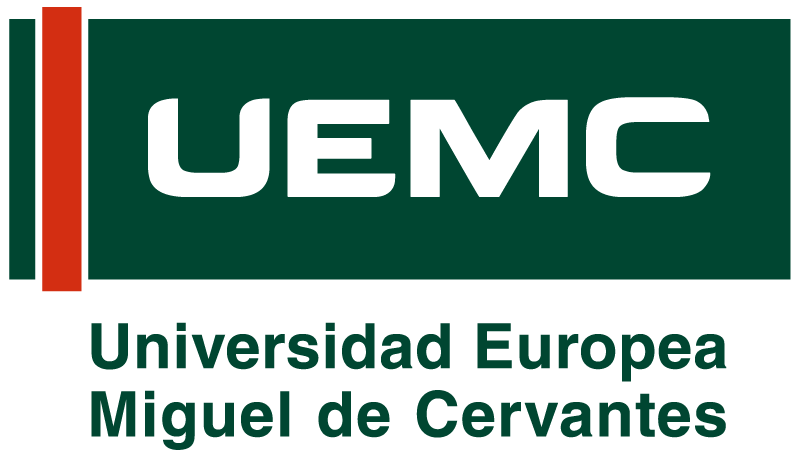Primary sources are highly valued in the field of journalism. They provide information directly from experts, allowing for a deeper exploration of current topics, whether related to a destination or a tourism journalism project. These sources enable us to tell substantiated stories, enhancing the credibility and professionalism of our content. To conduct a journalist interview with the desired expert and support our information, we must carry out thorough research and become well-informed about the topic beforehand.
To locate and contact the expert to substantiate our story with relevant information, direct outreach is necessary. The most common methods include email or social media platforms such as LinkedIn or Instagram. Additionally, we can utilize the “snowball” technique by seeking referrals from close contacts to obtain the expert’s phone number, facilitating the arrangement of a virtual or in-person meeting for the journalist interview.

How to Prepare a Journalist Interview?
Before you sit down with your subject for a journalist interview, significant preparation is required to maximize the value of that meeting. Here, we outline how to conduct an interview, highlighting key considerations. We then explain the five essential steps to conducting a high-quality journalistic interview.
1. Focus of the Tourism Journalism Project
How should you conduct a journalist interview about the destination you wish to portray? First, identify the specific topic you want to cover with your content—whether it be cultural, social, historical, or religious. The range of possibilities impacts how you define the interview’s objectives. The aim of your conversation with the interviewee may be to: gather quantitative data, obtain exclusive insights, provide personal testimony, or explore their perspective on a particular subject. Consequently, an interview can be categorized as:
- Informative
- Opinion
- Personality
2. Exhaustive Research
One of the most crucial aspects of conducting a journalist interview is thorough research. Immerse yourself in all available information about the individual to become well-versed in the subject. Review any previous interviews with them to gain deeper insights, enabling you to ask pertinent questions and demonstrate your familiarity with the topic.
3. Definition of the Questionnaire
The preparation of the questionnaire should be guided by the topic of discussion and consider any previous interviews the subject has participated in to avoid redundancy. Questions must be clear, straightforward, and designed to elicit detailed responses, allowing the interviewee to elaborate on their answers. Avoid steering questions towards a specific response; instead, let the interviewee express their opinions independently. This approach ensures that responses are based on their personal experiences, thereby enriching the interview.
4. Escape from the Interviewee’s Monologue
While the focus should always remain on the interviewee, who is the primary source of insight, it is important to prevent the interview from becoming a monologue. Create a conversational atmosphere that encourages dialogue without interrupting the interviewee, while also allowing for meaningful contributions between questions. An interview is a dynamic exchange that relies on both participants. As a journalist, your role is to guide the conversation towards your areas of interest and to explore any relevant details that the interviewee introduces, which may benefit your project.
5. The Art of Improvisation
As previously mentioned, the interviewee may provide valuable information that was not initially anticipated. Don’t overlook these insights! Even if they fall outside the scope of your prepared questionnaire, be ready to improvise questions to explore these new topics further. Unexpected contributions often add significant value to your project and challenge you to demonstrate flexibility and adaptability as a professional.

How to Write a Journalistic Interview?
When thinking about how to do a journalist interview, prepare 7 or 10 questions and choose the format that best suits you:
- Structured: This type of interview adheres strictly to a predetermined sequence of questions.
- Semi-Structured: This approach involves a structured script that guides the conversation towards specific objectives while allowing for improvisation and follow-up questions based on the interviewee’s responses.
- Free – Unstructured: This format grants the interviewee full control, allowing them to share their experiences, opinions, or memories at their discretion.
Interviewing Tips For Journalists
- Begin the interview in a conversational tone to build rapport and ease the interviewee into the discussion—start with casual topics such as the weather or work.
- Clearly outline the interview details: day, time, duration, and topic. If the interviewee does not request it, do not send questions in advance.
- Record the interview (audio or video) while taking notes in a travel notebook, ensuring you have the interviewee’s consent.
- Start with broad questions and progressively move to more specific ones as the conversation deepens.
- Adapt the interview as it unfolds by seeking clarifications, asking follow-up questions, providing examples, or summarizing key points.
- Maintain a relaxed yet attentive demeanor, avoiding the imposition of your opinions or pressuring the interviewee to discuss uncomfortable topics. Be mindful of non-verbal cues as well.
- Choose interviewees based on the valuable insights they can provide for your project.
Effective Strategies for Transcribing and Analyzing a Journalist Interview
Although journalist interviews are rarely presented in their entirety—except in the case of in-depth profiles—the key statements are typically extracted to enhance our content, whether for videos, podcasts, or articles. Here are some recommendations for analyzing the interview:
- What topics have we talked about?
- What were the responses?
- What are the knowledge, experiences or experiences of the interviewee on that topic?
To transcribe audio, you can use Artificial Intelligence tools that convert video or audio recordings into text. Once transcribed, you can supplement the text with notes and comments from your log to clarify details or enhance the “raw” document.
For further insights on conducting journalist interviews and advancing your skills in travel journalism, consider enrolling in the Master in Travel Journalism at the School of Travel Journalism. This program offers professional training with experts in tourism, journalism, and marketing, equipping you with valuable tools to become a versatile and well-rounded travel communications professional.

